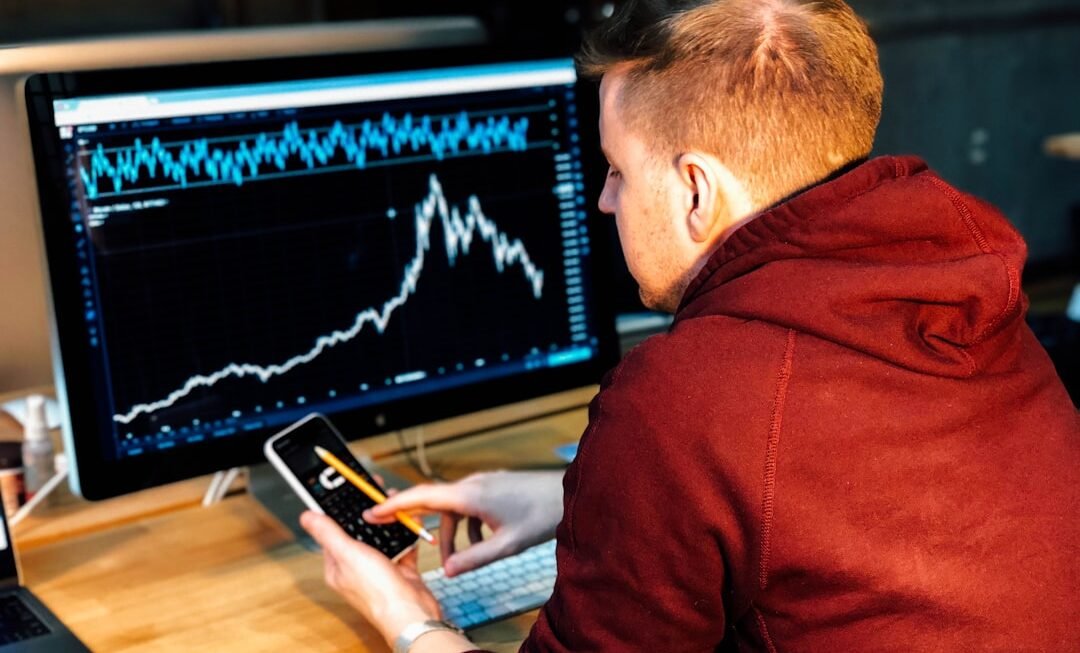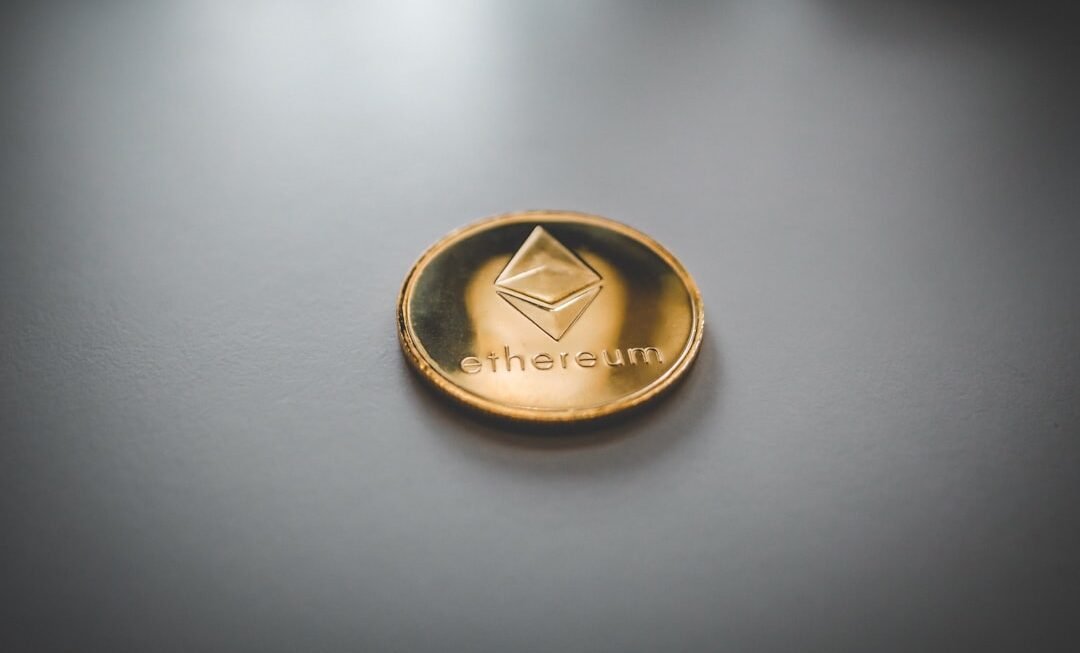The intersection of artificial intelligence (AI) and blockchain technology has given rise to a transformative paradigm known as decentralized AI. This innovative approach leverages the principles of decentralization inherent in blockchain to enhance the capabilities of AI systems, particularly within the realms of cryptocurrency and digital asset markets. By distributing data processing and decision-making across a network of nodes, decentralized AI mitigates the risks associated with centralized systems, such as single points of failure and data manipulation.
This synergy not only democratizes access to advanced analytical tools but also empowers users to harness the full potential of AI without relying on traditional intermediaries. In the context of crypto and digital asset markets, decentralized AI offers a plethora of applications that can significantly enhance trading strategies, security measures, and market analysis. The ability to analyze vast amounts of data in real-time allows traders and investors to make informed decisions based on predictive analytics, while also improving the overall security landscape by identifying fraudulent activities.
As the crypto market continues to evolve, the integration of decentralized AI is poised to play a pivotal role in shaping its future, providing innovative solutions that address existing challenges and unlock new opportunities for growth.
The Role of Decentralized AI in Predictive Analytics for Trading
Enhanced Predictive Analytics with Decentralized AI takes this process to the next level by utilizing machine learning algorithms that can analyze historical data, market trends, and various external factors influencing asset prices.
Aggregating Data for Accurate Predictions
By aggregating data from multiple sources across a decentralized network, these AI models can generate more accurate predictions than traditional centralized systems, which often rely on limited datasets.
Reacting to Emerging Trends with Decentralized AI
For instance, decentralized AI can analyze social media sentiment, news articles, and trading volumes simultaneously to gauge market sentiment and predict price fluctuations. This multifaceted approach allows traders to react swiftly to emerging trends, capitalizing on opportunities that may otherwise go unnoticed. Moreover, the transparency and immutability of blockchain technology ensure that the data used for predictive analytics is verifiable and tamper-proof, further enhancing the reliability of the insights generated.
How Decentralized AI is Improving Security and Fraud Detection in Crypto Markets
Security remains a paramount concern in the crypto space, where incidents of hacking and fraud have led to significant financial losses for investors. Decentralized AI plays a crucial role in bolstering security measures by employing advanced algorithms that can detect anomalies and suspicious activities in real-time. By analyzing transaction patterns across a distributed ledger, these AI systems can identify irregularities that may indicate fraudulent behavior, such as money laundering or phishing attacks.
For example, decentralized AI can monitor wallet addresses and transaction histories to flag unusual patterns that deviate from established norms. If a wallet suddenly begins executing a high volume of transactions or transfers large sums to unknown addresses, the system can alert users or even initiate automatic security protocols to mitigate potential risks. This proactive approach not only enhances user confidence but also contributes to the overall integrity of the crypto ecosystem by deterring malicious actors.
The Impact of Decentralized AI on Automated Trading Strategies
Automated trading strategies have gained immense popularity in the crypto markets due to their ability to execute trades at high speeds and with minimal human intervention. Decentralized AI enhances these strategies by providing sophisticated algorithms that can adapt to changing market conditions in real-time. Unlike traditional automated trading systems that rely on static rules, decentralized AI can learn from ongoing market data, continuously refining its strategies based on performance metrics.
One notable application is the use of decentralized AI in algorithmic trading bots that operate on decentralized exchanges (DEXs). These bots can analyze liquidity pools, order books, and price movements across multiple DEXs simultaneously, allowing them to execute trades at optimal prices. By leveraging decentralized AI, traders can gain a competitive edge by capitalizing on arbitrage opportunities that arise from price discrepancies between different platforms.
This dynamic adaptability not only enhances profitability but also contributes to market efficiency by narrowing price gaps.
Decentralized AI and Smart Contract Development in Digital Asset Markets
Smart contracts are self-executing contracts with the terms of the agreement directly written into code. They play a vital role in automating processes within digital asset markets, from facilitating transactions to managing complex financial agreements. The integration of decentralized AI into smart contract development can significantly enhance their functionality and efficiency.
By incorporating AI-driven decision-making capabilities, smart contracts can become more responsive to real-time data inputs. For instance, a decentralized AI system could be employed to assess market conditions before executing a smart contract related to asset swaps or lending agreements. By analyzing factors such as liquidity levels, volatility, and user behavior, the smart contract could adjust its execution parameters accordingly, ensuring optimal outcomes for all parties involved.
This level of sophistication not only streamlines operations but also reduces the likelihood of disputes arising from unforeseen market changes.
The Use of Decentralized AI in Tokenization and Asset Management
The Role of Decentralized AI in Tokenization
Decentralized AI plays a crucial role in this process by facilitating the valuation and management of tokenized assets. By employing machine learning algorithms to analyze historical performance data and market trends, decentralized AI can provide accurate valuations for tokenized assets, ensuring that they reflect their true worth.
Enhancing Asset Management Strategies
Moreover, decentralized AI can enhance asset management strategies by optimizing portfolio allocations based on predictive analytics. For example, an asset management platform utilizing decentralized AI could analyze various tokenized assets’ performance metrics and risk profiles to recommend optimal investment strategies for users.
Empowering Informed Decision-Making
This level of personalized guidance empowers investors to make informed decisions while minimizing risks associated with volatility in the crypto markets.
Decentralized AI and Market Sentiment Analysis in Crypto Trading
Market sentiment analysis is crucial for understanding investor behavior and predicting price movements in the volatile crypto landscape. Decentralized AI excels in this domain by aggregating data from diverse sources such as social media platforms, news articles, forums, and trading volumes. By employing natural language processing (NLP) techniques, decentralized AI can analyze sentiment expressed in text data, categorizing it as positive, negative, or neutral.
For instance, if a significant number of tweets about a particular cryptocurrency express optimism about its future prospects following a major partnership announcement, decentralized AI can quantify this sentiment shift and provide traders with actionable insights. This capability allows traders to gauge market sentiment more accurately than traditional methods that rely solely on quantitative data. By integrating sentiment analysis into trading strategies, investors can make more informed decisions based on prevailing market emotions.
The Integration of Decentralized AI in Decentralized Finance (DeFi) Platforms
Decentralized Finance (DeFi) has emerged as one of the most significant trends in the crypto space, offering users access to financial services without intermediaries. The integration of decentralized AI into DeFi platforms enhances their functionality by providing advanced analytics and decision-making capabilities. For example, decentralized AI can optimize lending protocols by assessing borrower risk profiles based on historical data and market conditions.
Additionally, decentralized AI can facilitate liquidity provision by analyzing trading patterns and predicting demand for specific assets within DeFi ecosystems. By leveraging these insights, liquidity providers can make informed decisions about where to allocate their resources for maximum returns. This symbiotic relationship between decentralized AI and DeFi not only improves user experiences but also contributes to the overall growth and sustainability of decentralized financial systems.
The Future of Decentralized AI in Crypto and Digital Asset Markets
As the crypto landscape continues to evolve rapidly, the future of decentralized AI appears promising. With advancements in machine learning algorithms and increased access to vast datasets through blockchain technology, decentralized AI is poised to become an integral part of the digital asset ecosystem. Future developments may include more sophisticated predictive models capable of analyzing complex interactions between various market factors.
Moreover, as regulatory frameworks surrounding cryptocurrencies become clearer, there will likely be increased demand for transparent and accountable systems powered by decentralized AI. This could lead to innovations in compliance monitoring tools that leverage AI-driven analytics to ensure adherence to regulatory standards while maintaining user privacy.
Challenges and Risks of Implementing Decentralized AI in the Crypto Space
Despite its potential benefits, implementing decentralized AI in the crypto space is not without challenges. One significant hurdle is the need for high-quality data; decentralized networks often struggle with data fragmentation and inconsistencies that can hinder the effectiveness of AI algorithms. Ensuring that data is accurate, relevant, and timely is crucial for generating reliable insights.
Additionally, there are concerns regarding privacy and security when utilizing decentralized AI systems. While blockchain technology offers transparency, it also raises questions about how sensitive user data is handled within these networks. Striking a balance between leveraging data for predictive analytics while safeguarding user privacy will be essential for fostering trust among participants in the crypto ecosystem.
The Potential of Decentralized AI to Revolutionize Crypto and Digital Asset Markets
The integration of decentralized AI into crypto and digital asset markets holds immense potential for revolutionizing how trading strategies are developed, security measures are implemented, and market dynamics are analyzed. By harnessing the power of machine learning algorithms within a decentralized framework, participants can benefit from enhanced predictive analytics, improved fraud detection mechanisms, and more efficient automated trading strategies. As this technology continues to evolve alongside blockchain innovations, it will undoubtedly play a pivotal role in shaping the future landscape of digital finance.












